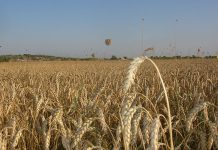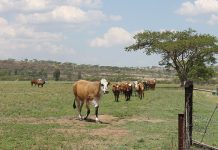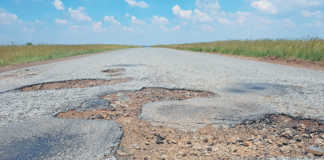Producers of food are constantly reminded that they need to increase production by 70% to cater for the 2,3 billion more people who will be living on Earth by 2050 (when the total population will reach 9,6 billion people), and their growing demand for animal protein.
This rapidly expanding demand is one of the main motivations trumpeted for investing in agriculture, despite the challenges faced by the sector.
However, what the sector rarely pauses to ask is this: while growing demand might be good for business, what does this inflated consumer base mean for the sustainability of our factories – our arable land?
This is an uncomfortable discussion and one that elicits many politically incorrect responses. In this week’s edition of Farmer’s Weekly, conservationist and environmental consultant, Dr John Hanks, provides an unambiguous opinion on the subject of overpopulation. According to Hanks, global population growth is placing strain on finite natural resources, ultimately posing a threat to human existence.
Population growth is an important discussion, and one that we must have, even if it makes us uneasy. After all, it is never our loved ones who are overcrowding the planet; it is always other people’s, right?
But while the hotspots for population growth might be in developing regions such as Africa and India, keep in mind that the consumption of one person in a sophisticated economy may very well far outstrip the burden that a person living in a rural, developing region is placing on the Earth’s resources.
According to research done by the World Bank, Americans constitute 5% of the world’s population but consume 24% of the world’s energy. On average, one American consumes as much energy as 31 Indians, 307 Tanzanians or 370 Ethiopians.
As Hanks writes, there is precious little information and research available on the topic of overpopulation, probably because addressing the problem – if there is in fact a problem – will involve an infringement of people’s rights and religious beliefs.
Those few researchers who have ventured into this emotion-laden area suggest that 10 billion is probably the upper limit of human population that the Earth can sustain, and at the rate that animal protein consumption is increasing, the planet’s ability to produce food might reach capacity even before we hit the 10-billion mark.
The UN predicts that the world’s population will grow to 11 billion by 2100. If we don’t want to start telling people how many children they are allowed to have, we might have to start telling them how much meat they are allowed to eat and how much energy they are allowed to consume – but something has to give.












